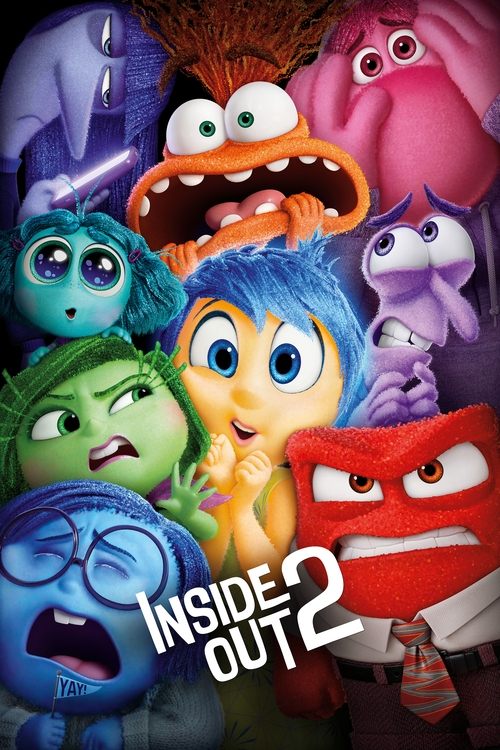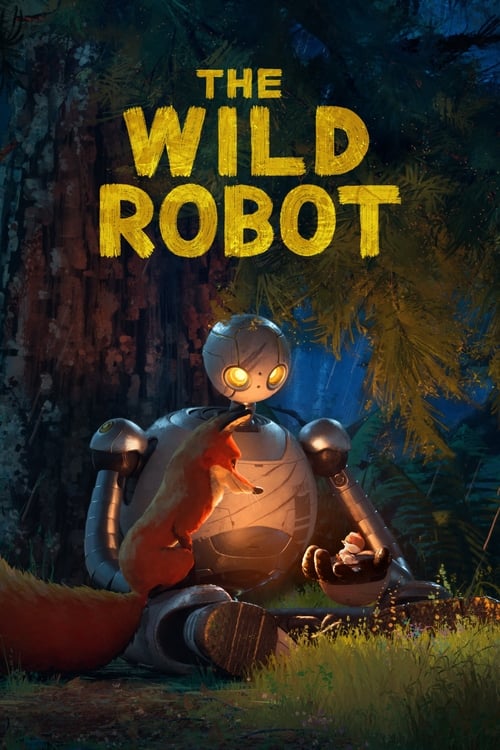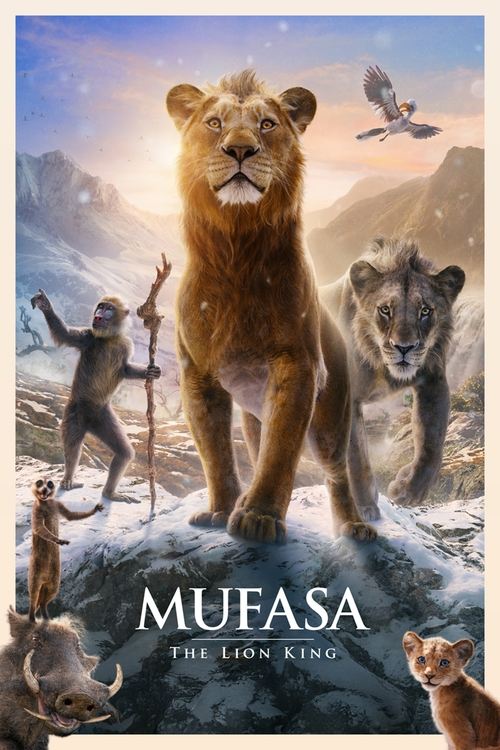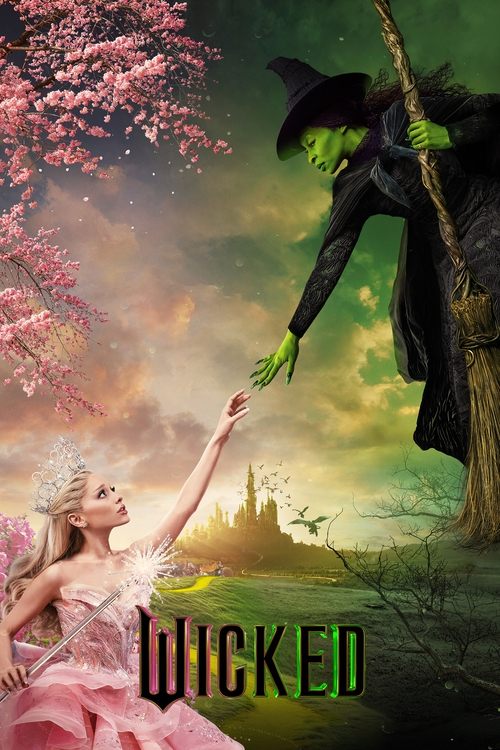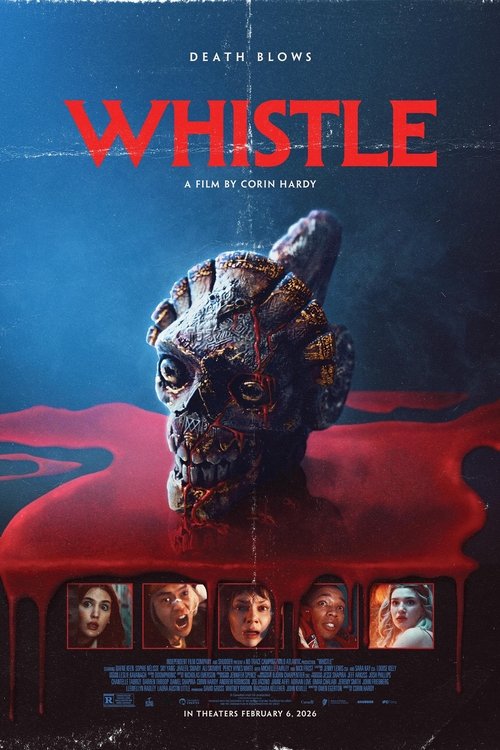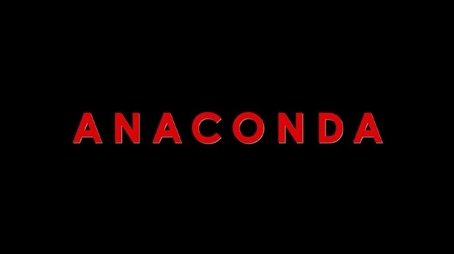
Ask Your Own Question
What is the plot?
The film opens with Sam preparing for a weekend in the Catskills. She packs and speaks with her father, Chris, who will drive them; Chris's tone is teasing and distracted as he also cares for his newborn baby at home with his second wife. They are joined by Matt, a recently divorced friend of Chris who brings along his son Dylan. Dylan refuses to go on the trip, angry at his parents' split; Sam watches him refuse and offers to speak with him, but he rebuffs her. In the car on the way upstate, Chris and Matt trade barbed jokes: Matt cracks jokes while Chris needles him in return. Sam drifts in and out of sleep in the back seat, waking when Chris asks her to answer a text on his phone. The three of them stop at a hotel before the trailhead and share one room: Matt and Chris take the beds and Sam sleeps on a sleeping bag on the floor.
At dinner that night, Matt ribbing Sam about her sexuality comes off as teasing; he also jabs at Chris for having an infant. The easy antagonism between the two men continues into the next morning. As they drive from the hotel toward the trailhead, Sam takes the wheel and Chris criticizes her driving. When they unload at the trail, Chris scolds Matt for overpacking, sifting through Matt's pack and pulling out items he deems unnecessary. They set off on the hike and Sam delights in quiet stretches of woods, occasionally leaving the path to change a tampon in privacy. Matt realizes after they begin hiking that he forgot his sleeping bag in the car; Chris mocks him for the oversight and the group presses on.
Sam occasionally gets cell reception and uses it to text her girlfriend back home. The three hikers cross rivers and climb switchbacks; on a flatter stretch Matt is repeatedly light and self-deprecating. When evening comes they make camp. Three other hikers appear and set their tents up right next to Sam, Chris, and Matt. Sam wants to ask them to move but Chris advises against conflict and tells her to let it go. Sam breaks out ramen; she cooks for the two men and they praise her cooking. After dinner the other hikers come to the fire and exchange hiking stories. Chris, half-joking and envious, proclaims that he will one day hike the length of China.
On the second night, the three of them settle around the fire again. Chris and Matt are drinking and both show the looseness of alcohol. Matt turns a personal history into a "spooky" tale: he recounts infidelities between him and Dylan's mother, narrating the breakdown of their marriage as if it were a campfire ghost story. Sam interrupts him and scolds him for avoiding responsibility for his role in the divorce. She also rebukes Chris for moving on quickly in his own romantic life so soon after Sam's mother's divorce. Matt and Chris both respond by praising Sam's perceptiveness, and Matt tells Chris, "you got a good one," pointing to Sam's maturity. Chris goes to sleep; Sam and Matt continue talking by the dying embers of the fire. Matt compliments Sam's insight and maturity. At one point Matt jokes that, since he forgot his sleeping bag and feels cold, Sam could keep him warm by joining him in his tent. Sam sits in stunned silence, then excuses herself and goes to bed.
The next morning, Sam and Chris slip away for a swim at a quiet pool. Sam tries to tell her father about what Matt suggested the night before, but Chris waves her off, insisting she should not be offended by harmless remarks and that he wants a pleasant day. Sam walks away and sobs, hurt by both men's reactions and feeling betrayed. She stoops to collect rocks along the trail. Rather than keep them, she surreptitiously places the rocks into Chris and Matt's packs. She hikes ahead and makes her way back to the parked car alone. When Chris and Matt catch up, a confrontation escalates: Chris is angry that Sam left without them and asks her to drive. She locks the car doors with them outside. After a pause, she unlocks the vehicle and lets her father climb into the passenger seat. Chris looks at Sam and, without speaking, sets a rock on the dashboard. The sequence ends with that loaded exchange between them as they drive away from the trail.
In a separate story thread, the film turns to a group of thirtysomething friends who gather annually at a family summer house for holiday parties. Eric is the de facto leader of this circle: he is immature in some ways yet central to the group's dynamics. His friends include McCrudden, an unemployed slacker; Alison, a therapist who feels stuck in an unsatisfying relationship; Adam, an uptight office worker and self-described nerd; Duquez, a struggling musician; Willow, Duquez's free-spirited girlfriend; Laura, shy and virginal; and Sue, who has long harbored a crush on Eric. Glenn and Kate are a married couple who have recently become parents and attend the gatherings with their baby. The group uses Eric's family summer house as their ritual meeting place until the day Eric's father decides to put the property on the market.
Faced with the loss of the house, Eric resolves to stage an extreme farewell party: he announces he will host an orgy, inviting the entire circle of friends. He begins to float the idea among them and each person accepts for personal reasons. McCrudden goes along because he is aimless and attracted to novelty. Alison agrees despite her ongoing relationship issues; she is restless and curious about crossing a line. Adam consents even though he feels nervous; the idea excites and terrifies his uptight sensibility. Duquez and Willow accept as part of their free-wheeling lifestyle. Laura is coaxed into participation despite being insecure and inexperienced. Sue, whose longstanding crush on Eric has never been reciprocated, agrees in hope of finally connecting with him. Glenn and Kate are not initially invited; their status as newlyweds and parents complicates inclusion.
At the same time, Eric begins showing signs that he is developing romantic feelings for Kelly, the realtor handling the sale of his father's property. He does not immediately realize the depth of his attraction and finds himself changing plans and moods as his thoughts drift toward her. Kelly appears in a few brief scenes: Eric encounters her during visits to the house and her presence unsettles and excites him. He watches her, attempts to orchestrate encounters, and believes he is falling for her even as he organizes the farewell event.
On the night of the party, the mood in the house is awkward. People mill about, trying on outrageous costumes and attempting to stir themselves into the kind of liberated mood Eric envisioned. Conversation sputters. In the living room, inebriated talk and forced flirtation replace the easy camaraderie the group normally enjoys. The participants become uncomfortable and quickly begin arguing, trading barbs and airing long‑buried grievances. The intensity rises; misunderstandings ignite familiar resentments. Eric feels the whole plan collapsing. Unable to bear it, he steps outside and decides to go find Kelly and declare his feelings.
He searches through the village and finally finds Kelly on a date with another man at a restaurant. Watching them together, Eric's plan to profess his love turns to a different decision. He chooses not to interrupt their date. He returns to the house and allows the orgy to go forward, despite the earlier confrontations inside. Back at the party, Glenn and Kate--who had not been invited--arrive anyway. Confronting the awkward atmosphere of the house, they decide not to enter. Instead, they retreat to their car parked on the property. In the privacy of the vehicle, Glenn and Kate begin kissing and soon have sexual intercourse in the car, responding to their own needs away from the spectacle inside.
Inside the house, the guests tentatively pair off. Due to the earlier tensions and the multiplicity of prior connections among the group, couples form, break apart, and recombine repeatedly over the course of the night. Adam, pushed out of his comfort zone, engages physically with others in fits and starts. Alison uses the event to test the boundaries of her relationship anxieties. Laura, despite her virginity and insecurity, decides to participate and is swept into encounters that leave her both shaken and strangely empowered. Sue watches Eric closely, attempting to convert her long-standing crush into something tangible, but Eric's attention remains elsewhere in his confusion over Kelly. Duquez and Willow move through the rooms together with an easy familiarity, but even they face moments of doubt about where their openness leads.
As the hours pass, the sexual activity inside the house becomes a chaotic choreography: people move from room to room, kissing and undressing, forming temporary coalitions of desire. The awkwardness that dominated the early evening gives way to a rawer, more mechanical series of hookups. At no point does violence erupt; the conflicts are emotional rather than physical. The guests pair off in shifting permutations: some attempt longed-for intimacies, some satisfy curiosities, and others confront their limits and withdraw. Glenn and Kate emerge from their tryst in the car and, after a time, choose to rejoin the group outside the main house, distant from the orgy's interior dynamics.
In the aftermath of the night, as dawn approaches, the participants find themselves confronting the consequences of the evening. Some people are embarrassed; others are oddly content. Eric watches the house that has been the site of so many rituals and now must be relinquished to a buyer. He sees friends leaving with new knowledge of one another and with new discomforts at what has been revealed. He thinks again of Kelly, of the moment he decided not to interrupt her date. The crowd thins; the summer house becomes a quieter place littered with remnants of the party.
Throughout both storylines no character dies. The film does not stage any killings or fatal accidents; all conflicts resolve without death. The camping thread ends on a strained reconciliation: Sam, Chris, and Matt drive away from the trail, the rock on the dashboard signaling unresolved issues between father and daughter. The farewell party thread ends with people dispersing from the summer house with altered relationships; Glenn and Kate exit together from their car after their intimate encounter, and Eric departs thinking of Kelly.
In the final scenes the film closes on small, concrete actions rather than sweeping resolutions. Sam sits in the passenger seat as Chris drives, the dashboard rock a silent presence between them; her earlier acts of rebellion--placing rocks in the packs and locking the car--recede into the tension visible on their faces. At the summer house, Eric stands on the porch watching movers and potential buyers inspect the rooms. Friends load their cars and leave, quiet or awkward goodbyes passing between them. Eric glances down the road, perhaps toward the town where Kelly lives, but only the interior shot of the empty house and the packed cars remain as the camera pulls back. The film ends with these two departures: Sam and her father returning to their life with an unsettled, unspoken strain, and Eric leaving behind the house as his friends move on, both stories closing on the concrete aftermath of the weekend's events.
What is the ending?
The ending of Good One (2024) shows Sam feeling deeply betrayed by both her father Chris and his friend Matt during their camping trip. After a tense confrontation and emotional breakdown, Sam quietly sabotages their packs by placing rocks inside, then hikes back alone to the car. When Chris and Matt catch up, Chris is angry but eventually gets into the car with Sam, who locks them out briefly before letting them in. Chris silently acknowledges her with a look and places a rock on the dashboard, symbolizing the fractured relationships as they prepare to leave the wilderness behind.
The film's ending unfolds over several key scenes, each revealing the emotional fractures between the characters:
-
Swimming Scene: On the second day, Sam and Chris go swimming together. Sam attempts to share with her father the hurtful things Matt said during the trip, hoping for understanding or support. Chris dismisses her feelings, telling her not to be offended by Matt's words and insisting he just wants to enjoy the day. This dismissal leaves Sam feeling isolated and unheard.
-
Sam's Emotional Breakdown: After being brushed off, Sam walks away from Chris and Matt, overwhelmed by feelings of betrayal from both her father and Matt. She cries alone, visibly shaken by the emotional weight of the trip and the fractured relationships around her.
-
Sabotaging the Packs: In a quiet but pointed act of rebellion, Sam collects rocks and places them inside Chris and Matt's backpacks. This act symbolizes her frustration and the emotional burden she carries, as well as a subtle form of protest against the men's behavior.
-
Hiking Back Alone: Sam hikes ahead of Chris and Matt, choosing to return to the car by herself rather than continuing with them. This physical separation mirrors the emotional distance that has grown between her and the two men.
-
Confrontation at the Car: When Chris and Matt catch up to the car, Chris expresses anger that Sam left without them and asks her to drive. Sam agrees but locks the car doors, effectively locking Chris and Matt out. After a tense moment, she unlocks the car, allowing Chris to get in.
-
Silent Acknowledgment: Chris climbs into the passenger seat, makes eye contact with Sam, and places one of the rocks she had put in his pack on the dashboard. This silent gesture encapsulates the complex, strained relationship between father and daughter--acknowledging the hurt but without words.
Fate of Main Characters at the End:
-
Sam: She leaves the trip emotionally changed, having confronted the painful realities of her father's and Matt's flawed characters. Her act of walking back alone and locking the car doors shows her assertion of control and boundary-setting, though the emotional scars remain.
-
Chris: He remains rigid and somewhat emotionally distant, but his final gesture of placing the rock on the dashboard suggests a recognition of the damage done, even if unspoken.
-
Matt: His presence at the end is overshadowed by his earlier betrayals and negativity. He remains part of the fractured dynamic but is largely sidelined in the final moments.
The ending emphasizes the emotional complexity and unresolved tensions among the characters, highlighting themes of betrayal, misunderstood love, and the painful transition from childhood to adulthood within fractured family dynamics.
Is there a post-credit scene?
The movie Good One (2024) does not have a post-credits scene. The film ends on a quiet, contemplative note without additional scenes after the credits. The final shot shows Chris looking into Sam's eyes and placing a big rock on the dashboard of their car, symbolizing a hopeful moment, but this occurs before the credits roll, and no post-credits or mid-credits scenes are reported.
What causes the argument between Matt and his son Dylan at the start of the trip?
Matt's son Dylan refuses to join the planned backpacking trip, leading to a harsh argument at Matt's doorstep. Dylan chooses to stay behind, which forces Matt to go on the trip alone with Sam and Chris.
How does Sam's relationship with her father Chris change during the trip?
Sam grows increasingly cold toward her father as she becomes more aware of his unlikable qualities. A key moment is when Sam feels betrayed after Chris dismisses her feelings about something Matt said, leading her to lock Chris and Matt out of the car temporarily.
What is the significance of the rocks Sam collects and places in Chris and Matt's packs?
The rocks symbolize Sam's silent protest and emotional burden. After feeling hurt and betrayed, she collects rocks and puts them in their packs, which physically and metaphorically weighs down the men during the hike.
How is Matt characterized during the hiking trip?
Matt is portrayed as a buffoonish, ill-prepared hiker wearing jeans and struggling with gear. Beneath his lighthearted jokes is deep misery and dissatisfaction with life, including his ongoing divorce and career struggles.
What is the dynamic between Chris and Matt throughout the film?
Chris and Matt have a long-standing friendship marked by constant bickering and clashing egos. Chris is the responsible, rigid one, while Matt is more carefree but deeply unhappy. Their interactions create tension that Sam observes and navigates during the trip.
Is this family friendly?
The movie Good One (2024) is not fully family-friendly and contains some potentially upsetting content for children or sensitive viewers. It centers on a 17-year-old girl, Sam, on a weekend camping trip with her father and his friend, where complex adult themes and emotional tensions unfold.
Potentially objectionable or upsetting aspects include:
- Emotional tension and family conflict: The film portrays strained relationships, including parental infidelity and the fallout of broken family dynamics, which may be distressing for younger viewers.
- Dark and disturbing moments: There is a key scene involving a "deeply disturbing shift" where Sam faces a situation that could represent real and imminent danger, creating a suffocating sense of discomfort.
- Mature themes: The story deals with adult disappointments, emotional limitations of parents, and the testing of parental bonds, which are explored with subtlety but seriousness.
- Language and tone: The film's slow, quiet, and sometimes tense atmosphere may be emotionally heavy and not suitable for children or those sensitive to psychological drama.
No explicit plot spoilers are revealed here, but the film's focus on complex family dynamics and a tense, emotionally charged trip suggests it is better suited for mature teens and adults rather than young children or sensitive audiences.









